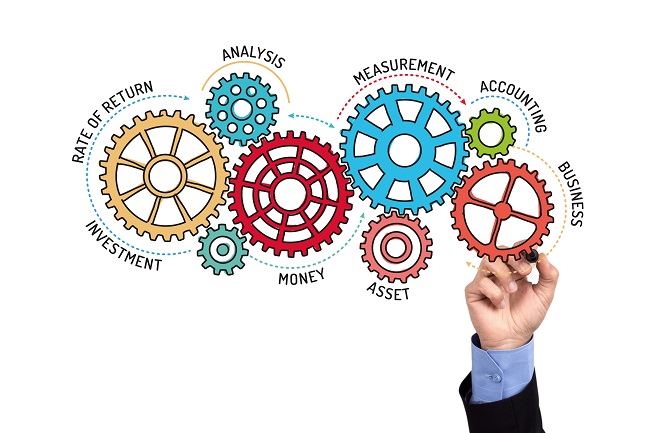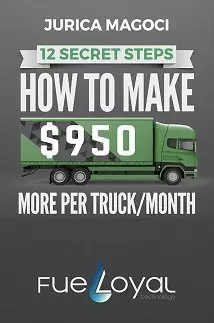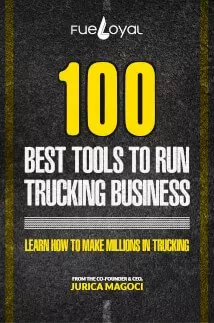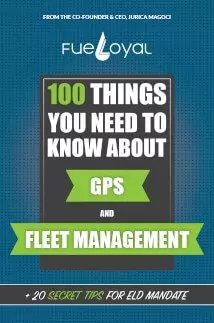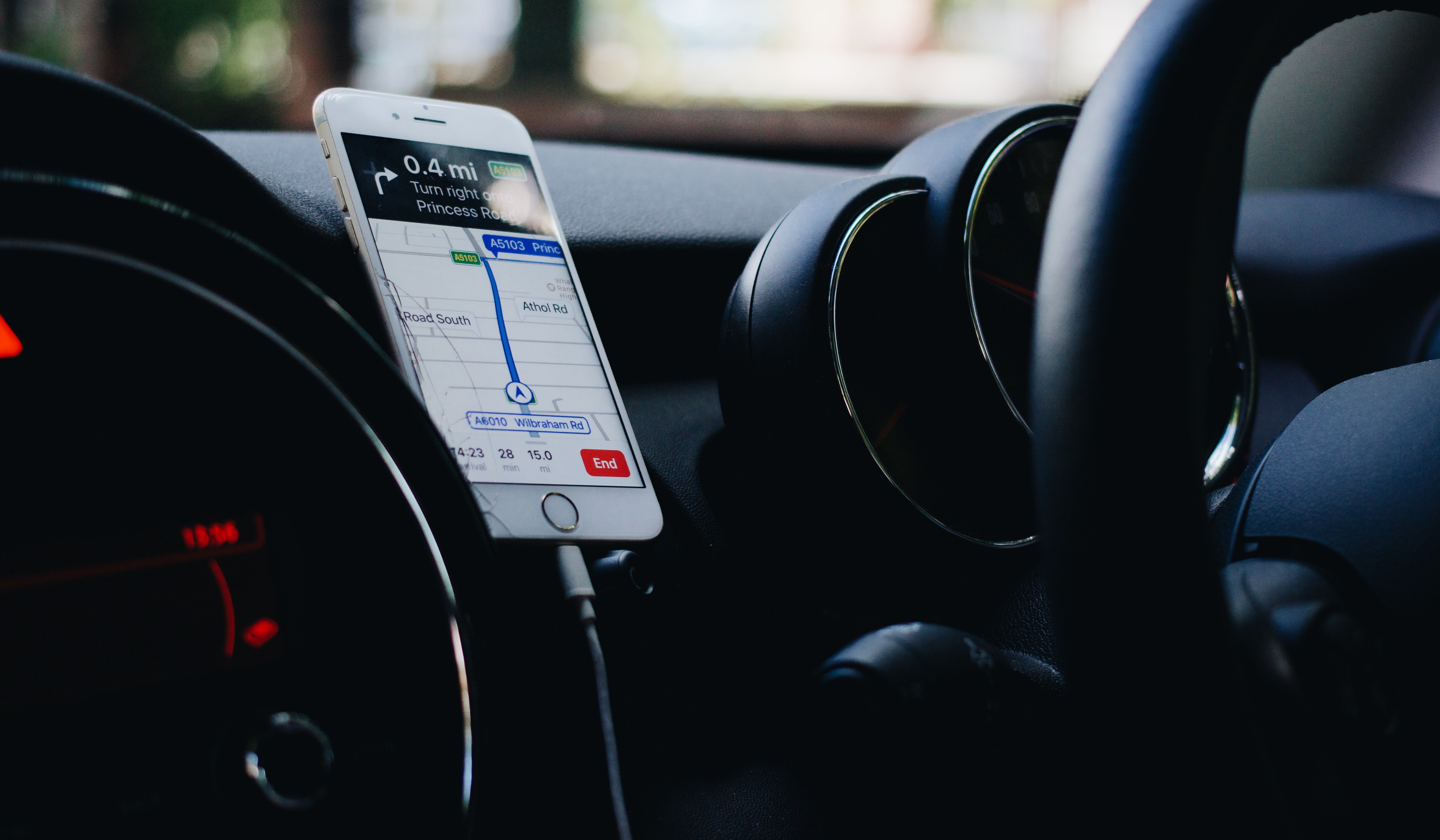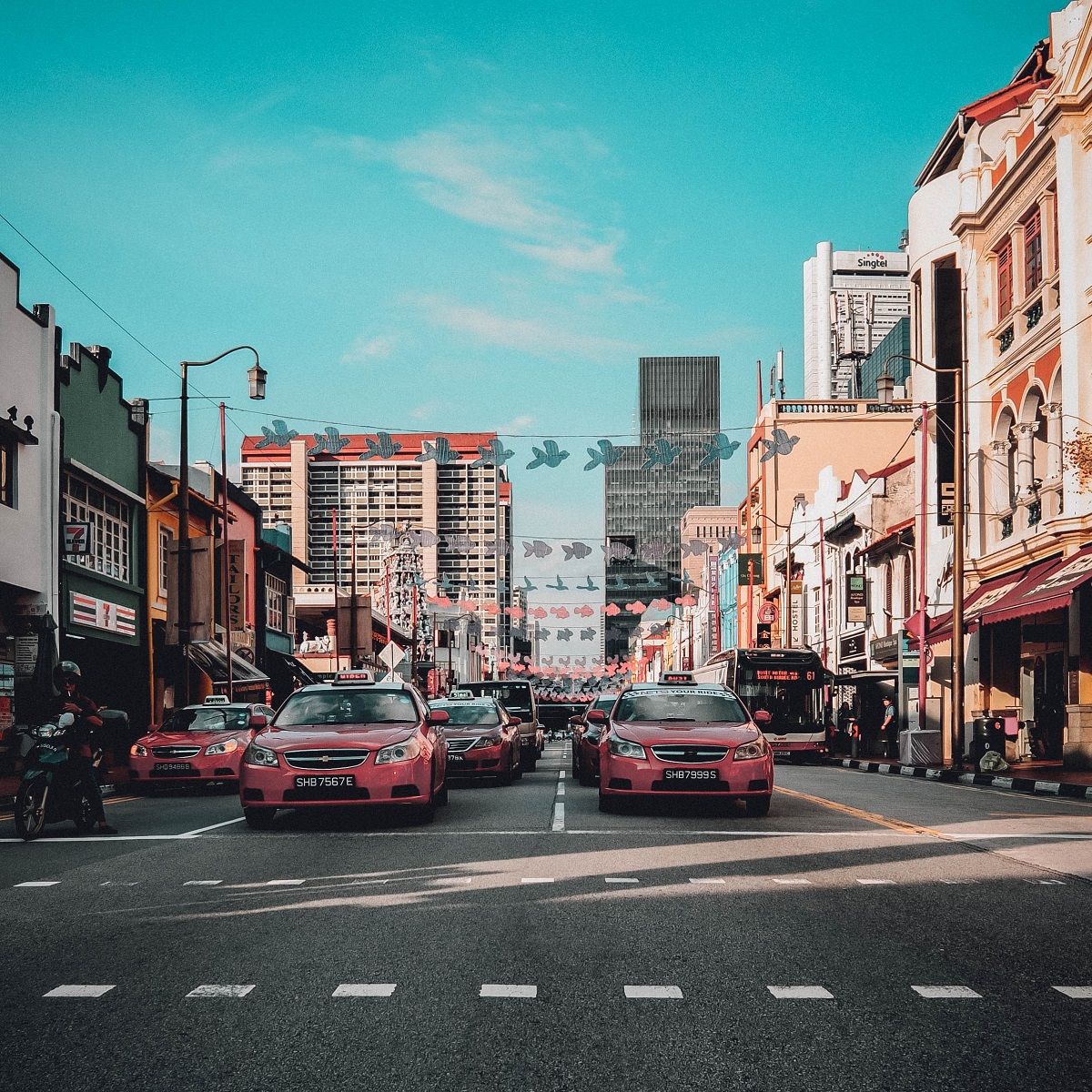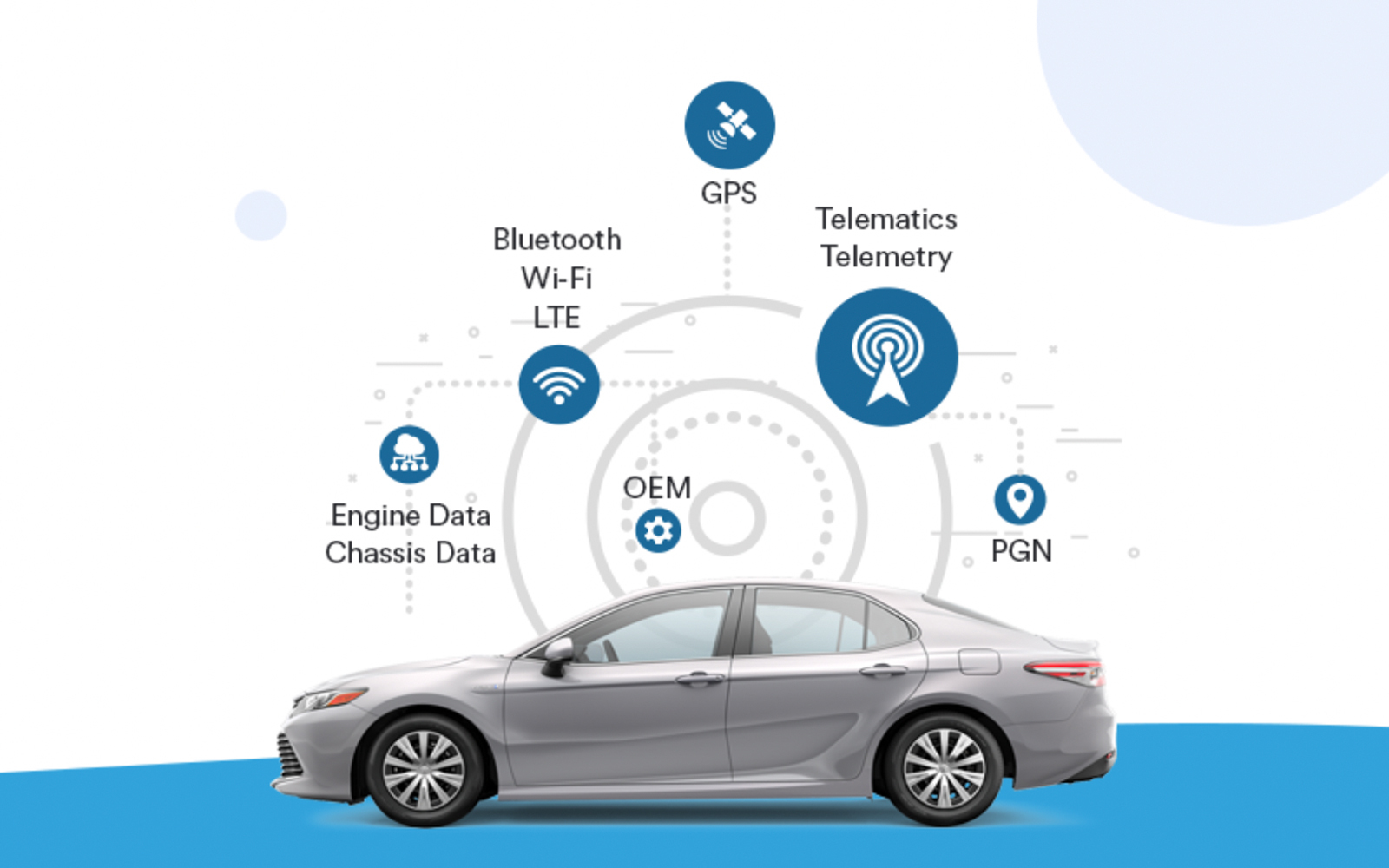How do we create the winning scenario? Start by working on the following issues that are potentially eating into your earnings. Doing so will help reduce operating cost (if not even eliminate), while at the same time raise the profit margin on an enormous scale.
Top 5 issues to Stop
1. Paying a lot on postage or courier services, instead of using email (scaning or faxing) for document delivery
2. The “Out Of Route Miles” – always take the shortest trip – Use Route Optimizer
3. Idling Time – Tell your drivers to turn the truck off while they are parked on dock
4. Bad Fuel Quality – vehicles can get 5% lower consumption due to fuel quality
5. Expensive Maintenance – Plan and Maintain vehicles so they don’t breakdown while on the road, causing expensive repairs
1. Reduce traditional postage, use digital mailing (e-mail) instead.
Reducing the cost of transaction mail has never been easier than now! Technology will do the work for you, all you need to do is to change the traditional mailing hard copy mail into electronic .
